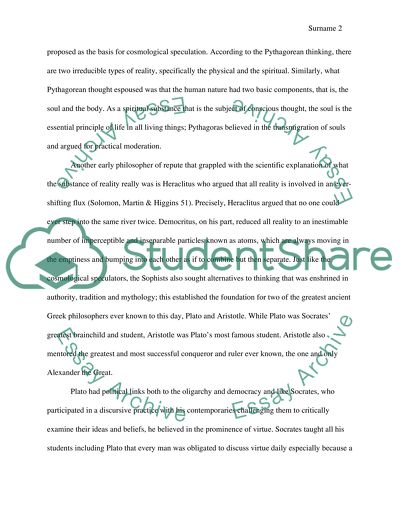Cite this document
(“Substance of Reality Essay Example | Topics and Well Written Essays - 1250 words”, n.d.)
Retrieved from https://studentshare.org/philosophy/1678024-substance-of-reality
Retrieved from https://studentshare.org/philosophy/1678024-substance-of-reality
(Substance of Reality Essay Example | Topics and Well Written Essays - 1250 Words)
https://studentshare.org/philosophy/1678024-substance-of-reality.
https://studentshare.org/philosophy/1678024-substance-of-reality.
“Substance of Reality Essay Example | Topics and Well Written Essays - 1250 Words”, n.d. https://studentshare.org/philosophy/1678024-substance-of-reality.


